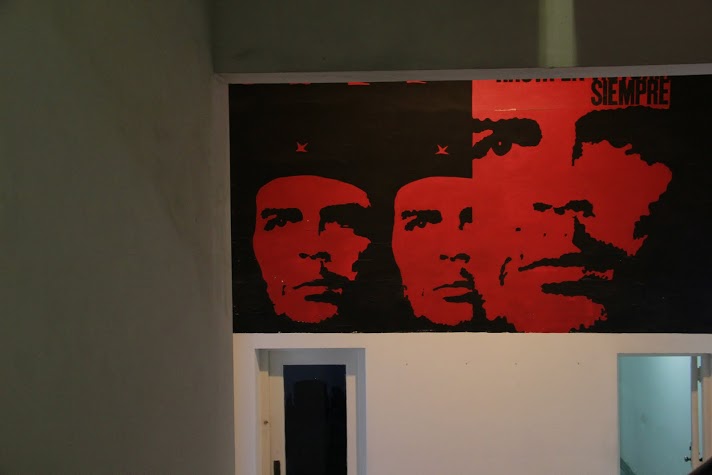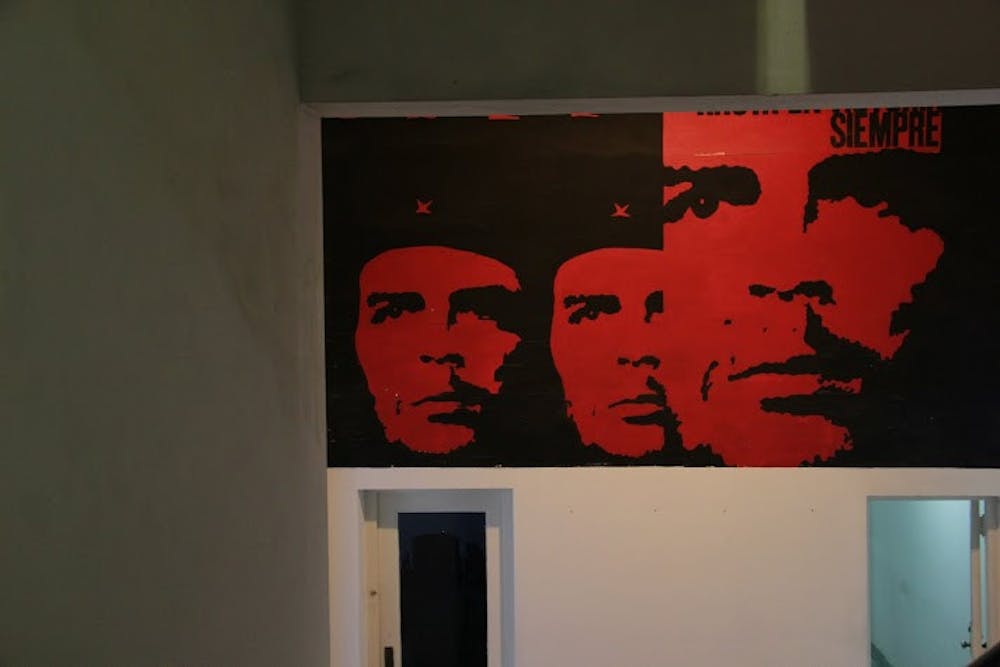By Jack Meyers
Staff Writer
President Obama opened up the proverbial door of diplomacy to Cuba, a door which has been mostly closed since the early 1960s, on Wednesday, Dec. 17. He claimed pride in U.S. policies that have supported democracy and human rights in Cuba, but lamented that the use of sanctions has only justified the Castro regime’s iron fist.
This invitation to Raúl Castro, the Cuban President, and to the Cuban people for a seat at the table with U.S. politicians is, however, not so simple.

In his speech, Obama made it clear how he felt about the U.S.’s policy to isolate Cuba from the rest of the world.
“I do not believe we can keep doing the same thing for over five decades and expect a different result,” Obama said.
For the sake of mutual benefits for both countries, Obama promised to begin creating an environment on the island that is friendly to U.S. businesses; to increase tourism and allow U.S. credits to be used for payment there; to lift limitations on money that can be sent from the U.S.; to allow the free flow of communications and information across borders; and, perhaps most predictably, to “promote our values.”
But what was not addressed was the issues Cuba faces. There are more than 11 million people living in of the last communist strongholds in the world. In the past few months alone, the country has gotten pegged for arresting an artist who was holding an open public forum for discussion about the Cuban government; scientists discovered a highly adaptive HIV strain on the island; and a ship en route from China was found to have been illegally carrying weapons.
Besides these stints with bad press, Cuba has bigger issues to face that make diplomatic talks between the Obama and Castro administrations more complicated.
The country spends $2 billion per year on importing close to 80 percent of their food because domestic farm production is not sufficient for Cuban consumers, according to the Associated Press. In the same article, AP proved that U.S. farmers intend to “dominate” Cuba’s food imports, potentially worth over $3 billion in the next few years. The report was collected based on a series of discussions that farmers’ representatives had this month with Cuban farmers and authorities.
On the other hand, it is problematic to open this door. The vast differences in access to resources between the U.S. and Cuba is an issue which Obama has not addressed. According to the New York Times, Cubans on average only make about US $6,000 annually, Internet access is scarce and the overall population is the oldest in age of the region — partially because youth are emigrating often for being isolated by national politics.
In the next few years, the U.S. government will be looked at to mitigate these concerns and more. The question remains: What is the U.S. government willing to do for “normalizing” relations?







